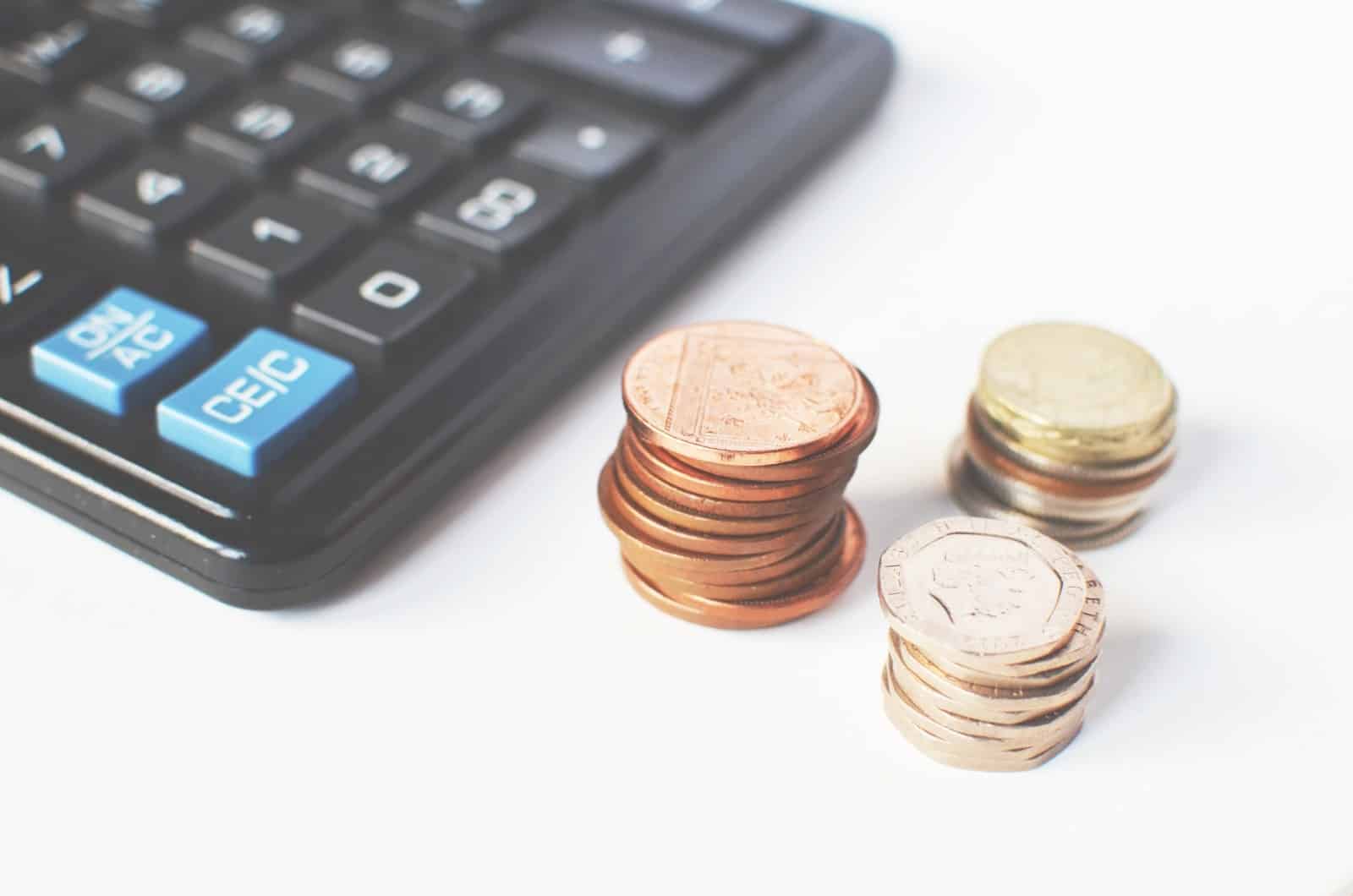Does being debt-free sound too good to be true? Believe it or not, it is within your reach. However, being completely without debt may not have the credit score impact you are hoping for. If you want to improve your financial position, get out of debt, improve your credit score and start growing your wealth, there are several steps you need to take.
Change Your Outlook
First things first. Before you can make a major life change, you have to change the way you think about things. Changing the way you think about money is hard. It requires intense self-examination, as well as research into financial matters you may never have thought about before. For example, you may need to educate yourself about emotional spending, the true cost of buying cheap, disposable items, and whether or not extreme couponing is beneficial. Instead of thinking about how deprived you will feel if you stop using shopping as a pick-me-up, visualize the debt-free life you desire.
Spend Less
Now that you have given yourself an attitude adjustment, take the first action step: Stop throwing your money away. Do whatever it takes to put yourself on a spending diet. Reorganize your habits until you can live below your means. For some, that means skipping the daily latte and packing a brown bag lunch, but for others who are already living on a shoestring budget, more extreme measures are needed. In some cases, the spending has been cut back as far as it will go and more income is the only thing that will help.
Earn More
Figuring out how to earn more than you already do can be tricky, but don’t get discouraged. You may be able to pick up a weekend job or earn a few dollars running errands for elderly neighbors or babysitting on Friday nights. Even if you have to start small, just start. Remember, your extra work time should be profitable, so don’t try to sell labor-intensive handicrafts for 10 dollars apiece. On the other hand, could you teach your hobby to others for a fee? Could you safely and legally rent out space in your home, yard, or garage?
Pay Off Credit Cards Before the Statements Close
A big factor in your credit score is your debt utilization ratio. This calculation of how much of your available credit you are using at any one time is based on your statement balances. Therefore, if your statement says your card is maxed out, even if you pay the entire amount as soon as it is due it will show on your credit report as a high balance. If you use credit cards regularly but pay them off each month, try to make your payments before each statement is generated. This way, your statement balance will be reported at a low.
People with the highest credit scores tend to use less than 10 percent of their total available credit at any given time. Keeping your debt utilization ratio low is almost as important to your credit score as making your payments on time. Do these two things (keep your balances low and never make a late payment) and your credit score should start to improve.
Resist Paying Off Installment Debt Early
Installment debt is different from credit card debt in that it is not revolving. Mortgages, car payments, and some other credit purchases fall into this category. When your home or vehicle is paid off, the account is closed, and you no longer owe that debt. Paying off this type of loan may be personally fulfilling, but it may not be good for your financial health. For one thing, some installment loans have penalties for early pay-offs. Even if there is no penalty from the lender, ending an installment plan early can hurt your credit score.
A strong credit report and a high credit score depend on several factors, two of which are a variety of loan types (revolving, installment and so on) and the age of your accounts. If you close your installment accounts early by paying them off before the term is up, they will continue to show up on your credit report for a time but will not have the same weight as open accounts. They will also cease to factor into the average age of your open accounts.
Know When to Invest
Many people who want to save for retirement look into investing as a good place to start. However, depending on your circumstances and the retirement options available through your employer, you may decide to pay down outstanding debts before you create an investment portfolio. Consider this: a solid return on investment will probably pale in comparison to a 20 percent interest rate on a major credit card. If you pay off your lingering debts first, you can minimize the time and money you spend paying interest and fees, effectively maximizing your funds.
Ask for Guidance
When you have your debts under control and are ready to start managing and growing your assets, a professional wealth management expert such as Patrick Dwyer Merrill Lynch can help. A financial planner can assist you in managing your assets and planning for future growth.
There is more to planning for retirement than saving pennies in a jar. First, get in control of your spending habits. Next, tackle the debts you already owe, and then you can start growing your money.

